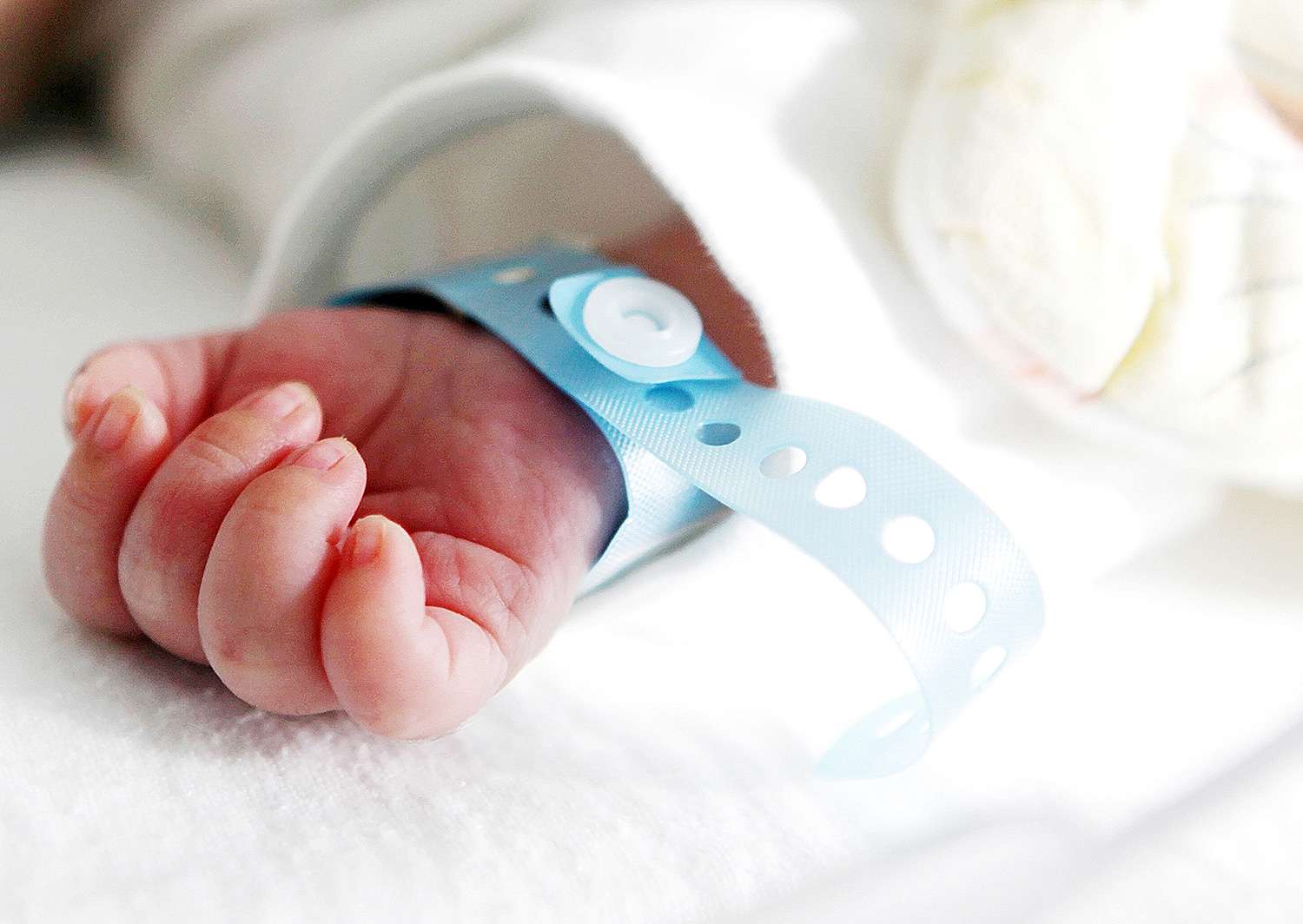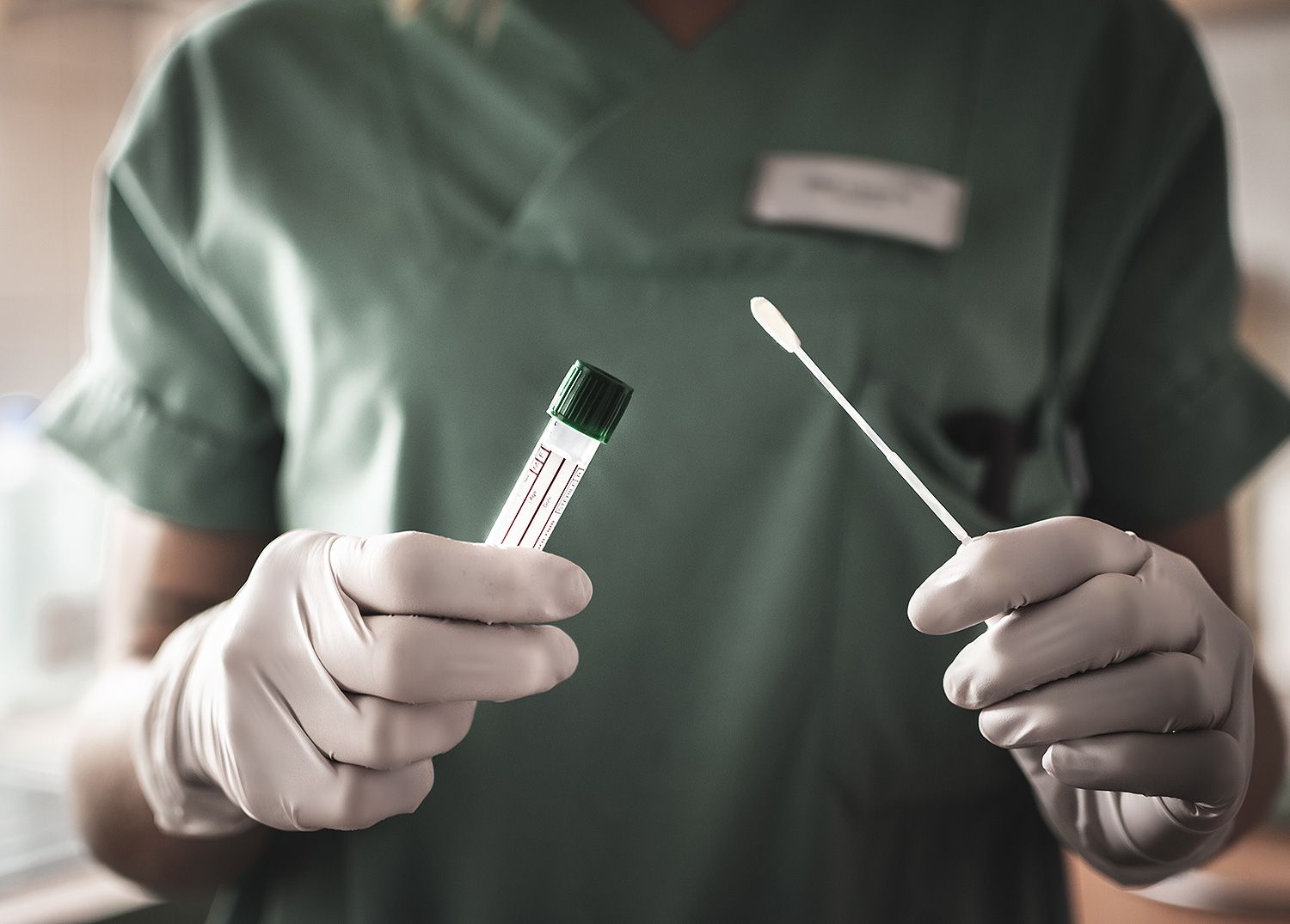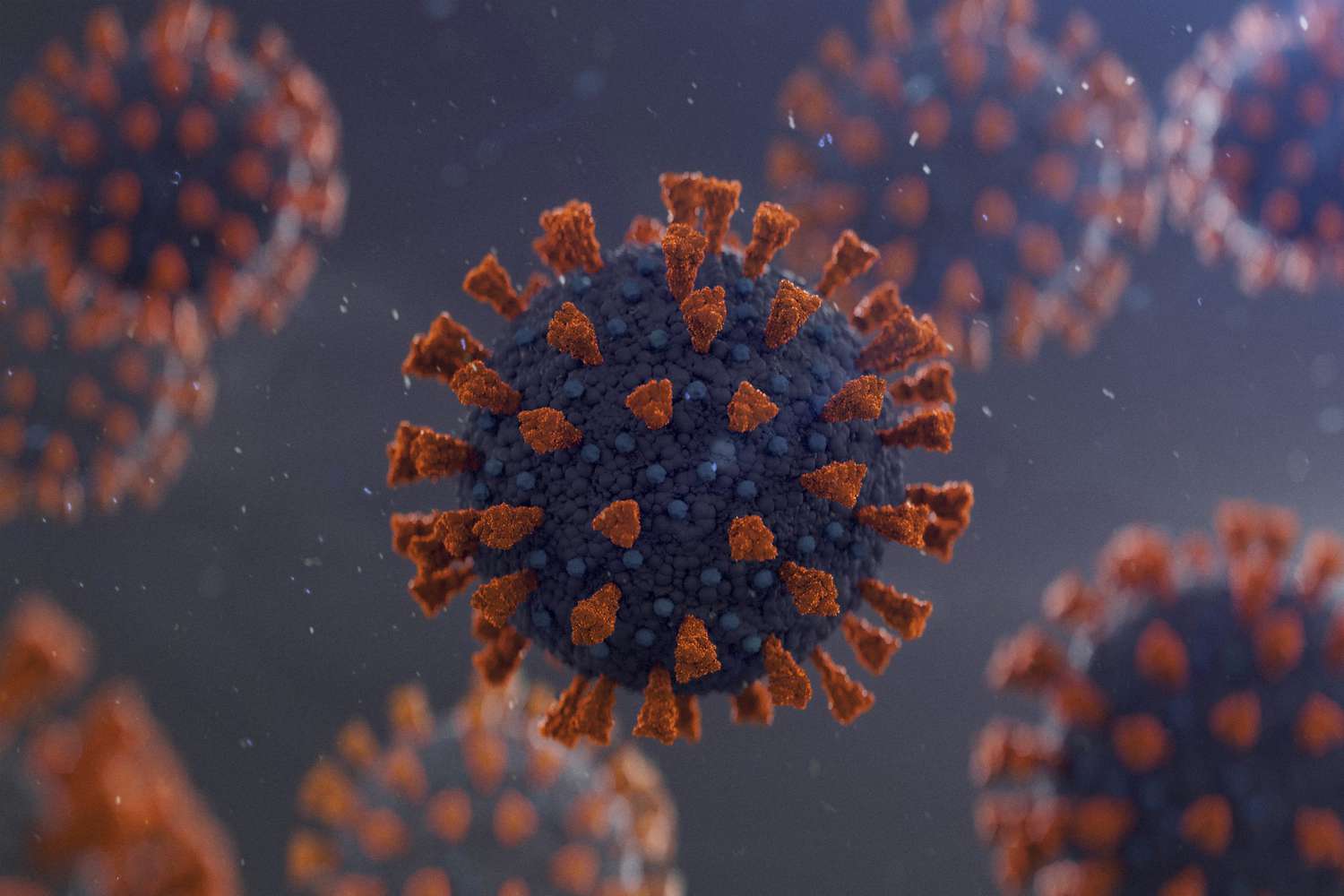Newborn Baby Had Viral Load 51,000 Times Higher Than Other Pediatric Patients


Researchers are puzzled over the unusually high viral load of a newborn baby that was sick with COVID-19 in Washington, D.C., last year.
The newborn, who has since recovered, was treated in September at Children's National Hospital, where doctors confirmed that the baby was infected with a variant of the deadly virus, according to the Washington Post.
The infant was reportedly found to have a viral load 51,418 times higher than other pediatric patients. (The hospital has treated more than 2,000 children for COVID-19.)
Roberta DeBiasi, chief of infectious disease for the hospital, told the Washington Post that researchers have uncovered evidence of a variant with a mutation called N679S that has been found in eight other U.S. cases in the mid-Atlantic region. This variant potentially infected the newborn.
"It could be a complete coincidence," said DeBiasi. "But the association is pretty strong. If you see a patient who has exponentially more virus and it's a completely different variant, it is probably related."
Jeremy Luban, a virologist at the University of Massachusetts Medical School, told the outlet that the viral load in the infant "is shocking and noteworthy." But Luban did note that the infection may not be from the N679S mutation, but rather "because it is a [newborn] with an immature immune system, permitting the virus to replicate out of control."

Although data has shown that children are less likely to contract COVID-19, the number of pediatric cases related to the virus increased over time last year, according to a report published in September from American Academy of Pediatrics (AAP).
As of February 18, over 3.1 million children have tested positive for COVID-19 since the onset of the pandemic, 71,000 of whom were reported the week prior, per the AAP.
Several new COVID-19 variants have been reported in and outside of the U.S. in recent weeks. On Thursday, CNN reported that a new variant, called B.1.526, has appeared in 12.7% of positive coronavirus cases over the past two weeks in New York City and neighboring areas. One of the mutations of the variant is reportedly the same change found in the South African variant, known as B.1.351, which has already been detected in the U.S by the Centers for Disease Control and Prevention.
Another coronavirus variant, known as B.1.427/B.1.429, was detected in California. It reportedly has a different pattern of mutations than the ones seen in the United Kingdom and South Africa and is likely more contagious and may cause more severe disease.

The CDC has said that the methods for protecting against new coronavirus strains are the same as others: wearing a mask (and doubling up on them, if possible), social distancing and only interacting with people in your household.
Vaccinations will also make a huge difference in fighting the strain: The Biden administration has rapidly ramped up the U.S. vaccination rate and around 1.4 million people are getting a dose each day.
As information about the coronavirus pandemic rapidly changes, PEOPLE is committed to providing the most recent data in our coverage. Some of the information in this story may have changed after publication. For the latest on COVID-19, readers are encouraged to use online resources from CDC, WHO, and local public health departments. To help provide doctors and nurses on the front lines with life-saving medical resources, donate to Direct Relief here.
Source: Read Full Article




